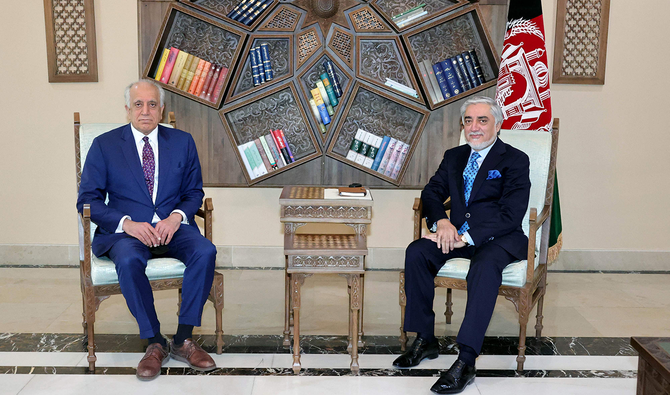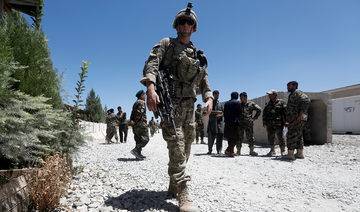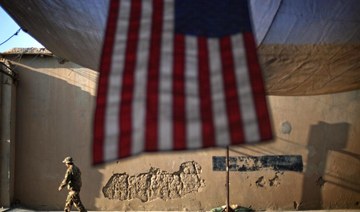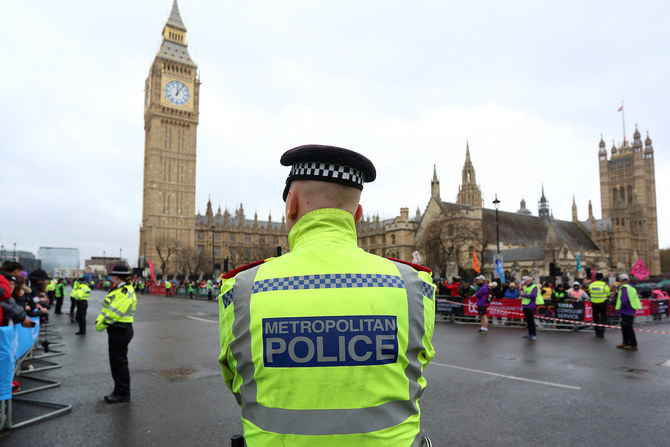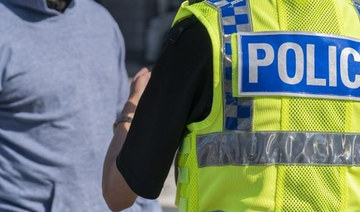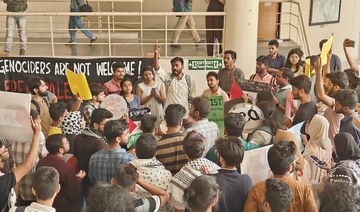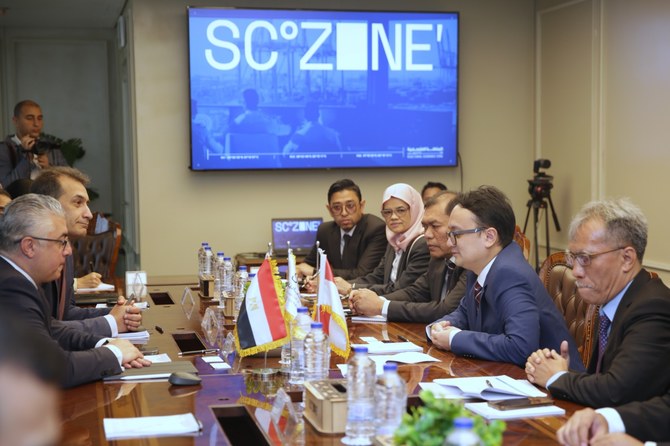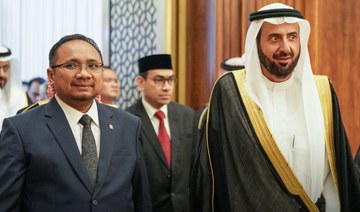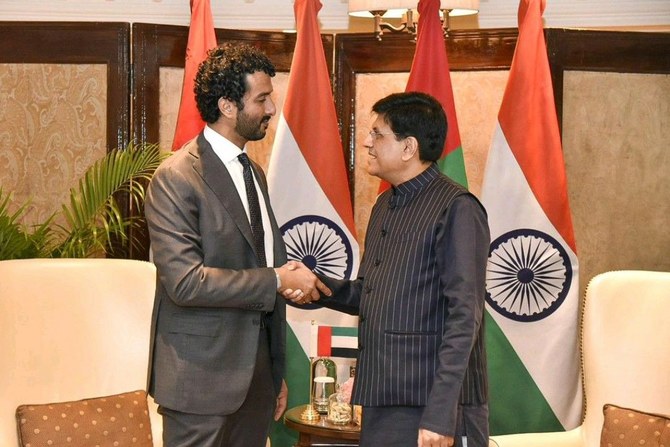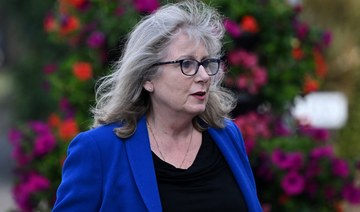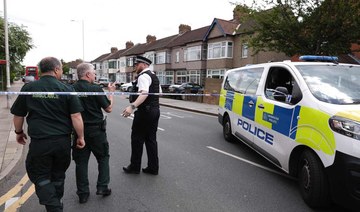DOHA: The US special envoy to Afghanistan, Zalmay Khalilzad, reportedly suggested setting up a new government in Kabul during recent talks with key Afghan leaders, two sources privy to the matter told Arab News on Wednesday.
The reported proposal follows a deadlock in US-brokered talks that began in September last year between the Taliban and the Afghan government in Doha, Qatar.
One of the key conditions of a historic deal signed between the US and Taliban last February was for Washington to withdraw the remaining 2,500 US troops from Afghanistan by May 1, 2021, and end America’s longest war.
However, uncertainty remains over whether international forces will pull out troops by May as initially planned after US officials reportedly said that President Joe Biden’s administration was conducting a review of the February accord signed between the Trump administration and the Taliban.
A subsequent NATO statement said that the troops would leave Afghanistan “when the time was right.”
They argue that US-led foreign troops need to remain in Afghanistan because the Taliban “has stepped up its attacks and seeks to regain power once again by force.”
The Taliban has denied the claims, adding that it remains committed to the deal, and warning that the US will face consequences if it seeks to breach the accord.
On Sunday, the US State Department said that Khalilzad and his team were visiting Kabul and Doha, where the Taliban have their political headquarters, to ensure “a just and durable political settlement and permanent and comprehensive cease-fire.”
The envoy’s discussions with Afghan leaders are the first since Biden assumed office in January this year.
On Wednesday, two sources — one close to former Afghan president Hamid Karzai and the other a confidante of Abdullah Abdullah, head of the High Council of National Reconciliation — said that Khalilzad had submitted a draft plan for a “participatory government” to the two leaders and President Ashraf Ghani.
“He has shared this plan and expects a response,” one of the sources, who declined to be named since he is not authorized to speak to the media, told Arab News.
Meanwhile, Dawa Khan Menapal, a spokesperson for Ghani, and the Taliban refused to comment on the matter when contacted by Arab News.
Under Khalilzad’s proposal, the Doha peace talks would be scrapped and an international gathering — similar to the Bonn conference, which was held soon after the Taliban’s ouster in late 2001 — would be summoned.
Rumours surrounding the formation of a transitional government have been doing the rounds in Afghan political circles in recent months, with Ghani’s beleaguered administration facing growing criticism for inefficiency, corruption, and failure to curb violence and Taliban attacks across the country.
Several factional leaders, including the head of parliament, Mir Rahman Rahmani, and government-appointed peace negotiators for the intra-Afghan talks have been pushing for Ghani to be replaced.
“I think there is no other way than this. A similar Bonn meeting is needed because the talks have stalled and there is no hope for a revival. Fighting has escalated,” Hamidullah Tokhi, an MP from southern Zabul, told Arab News.
But before that all groups must agree to a “permanent cease-fire and on the setup of the future government, its composition and how it would be created,” he added.
“It is natural that Ghani will have to sacrifice, and the Taliban, too, for the sake of peace. Do we have to lose 200 to 300 soldiers every day until his term is over and a similar number of Taliban and civilians?” he said.
Ghani began his second five-year term last year and has repeatedly vowed to block the formation of a provisional government in Afghanistan after calls for establishing a temporary setup began to gain ground.
“As long as I am alive, they will not see the formation of an interim government. I am not like those willows that bend with the wind,” Ghani said on Feb. 21.
He argued that in such a scenario, Afghanistan could face a “similar bloody and chaotic situation like the 1990s” when the then Moscow-backed administration replaced an interim government.
Earlier, the Afghan leader said that he would transfer power to his successor only after his tenure ended in 2025. Experts believe that there is no option left for Afghanistan.
“To secure peace, one needs first to fix an internal accord between Afghans,” Torek Farhadi, an adviser for the former government and an advocate of a transitional administration, told Arab News.
“Afghanistan’s distressing situation has internal and regional drivers. We must obtain regional guarantees of non-interference from Afghanistan’s immediate neighbors and India. To arrange such guarantees, we need the US to take the lead before US and NATO leave, ” he added.
Farhadi said that if a “participative government” were formed, it would not accord all power to the Taliban, adding that “it is also a government where the decision-making process on resources and appointments are more democratic.”
“A Bonn type of meeting ensures everyone has a voice, including Afghanistan’s immediate neighbors, plus the US, Russia and China and, of course, India. The international format offers a chance for all these players to be at the table. The outcome of the conference will gain legitimacy with a UN stamp and guarantee, ” he said.



